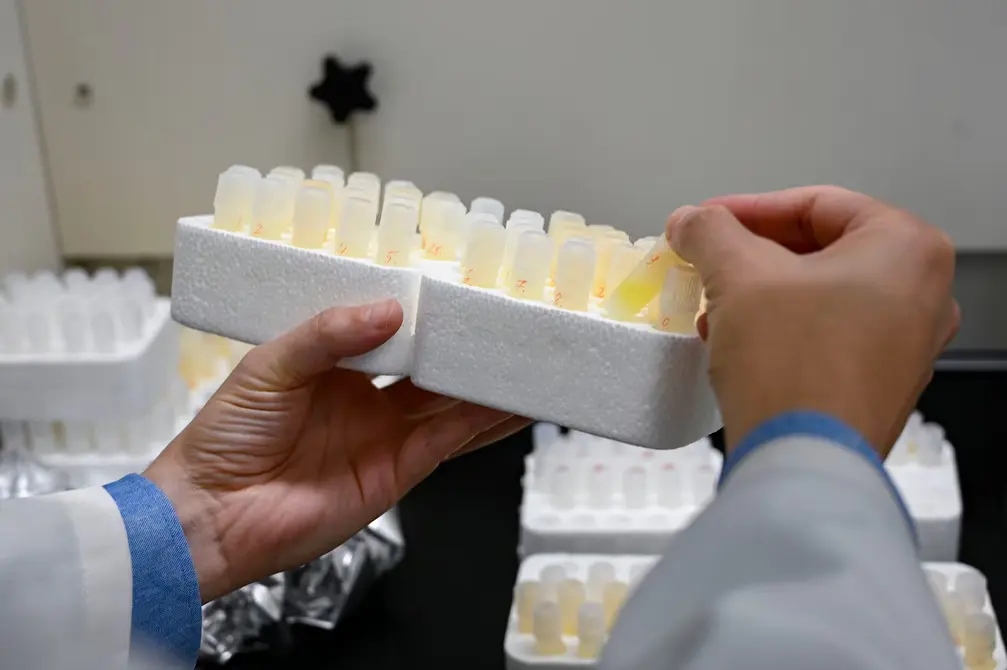T4K3.news
New study links lithium deficiency to Alzheimer's disease
Research suggests lithium may play a crucial role in the onset of dementia.
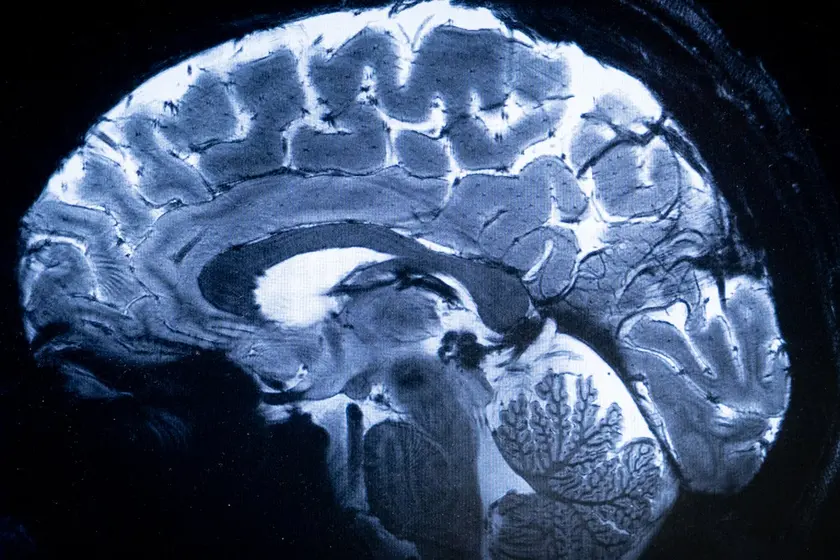
Recent research highlights the potential link between lithium levels and Alzheimer's development.
New study shows lithium deficiency may play a role in Alzheimer's disease
A study published in the journal Nature indicates that a deficiency of lithium may contribute to the onset of Alzheimer’s disease. This research, conducted over a decade by scientists from Harvard Medical School, reveals that lithium naturally occurs in the brain and is crucial for maintaining the function of major cell types. Notably, a decrease in lithium levels may occur early in the dementia process, leading to accelerated memory decline in both mice and potentially humans. The study suggests that lithium orotate, a new compound, can restore memory function in mice, prompting further investigation into its possible effects in human clinical trials.
Key Takeaways
"Lithium turns out to be like other nutrients we get from the environment, such as iron and vitamin C."
Dr. Bruce Yankner highlights the nutritional role of lithium in brain health.
"The idea that lithium deficiency could be a cause of Alzheimer’s disease is new and suggests a different therapeutic approach."
Dr. Yankner emphasizes the importance of this study for future Alzheimer’s treatments.
This research shifts the understanding of Alzheimer’s disease, suggesting that lithium deficiency could be a significant underlying factor. Traditionally, treatments have focused on the amyloid plaques associated with the disease, yet they have not effectively reversed cognitive decline. The finding that lithium levels can significantly differ between healthy individuals and those with cognitive impairment offers a fresh avenue for both early detection and treatment strategies. Further trials will be crucial to see if these results hold true in humans and could establish lithium as an essential nutrient in Alzheimer’s prevention.
Highlights
- Lithium could be the missing link in Alzheimer's research
- New insights on lithium may change Alzheimer’s treatment forever
- Finding lithium deficiency in dementia could reshape healthcare
- Exploring lithium's role in memory loss is exciting for Alzheimer’s research
Potential backlash over new treatment approaches
The promotion of lithium as a potential Alzheimer's treatment may face scrutiny, particularly concerning safety in human trials and its differing effects compared to traditional methods.
Continued research on lithium's role may reshape Alzheimer's treatment approaches.
Enjoyed this? Let your friends know!
Related News
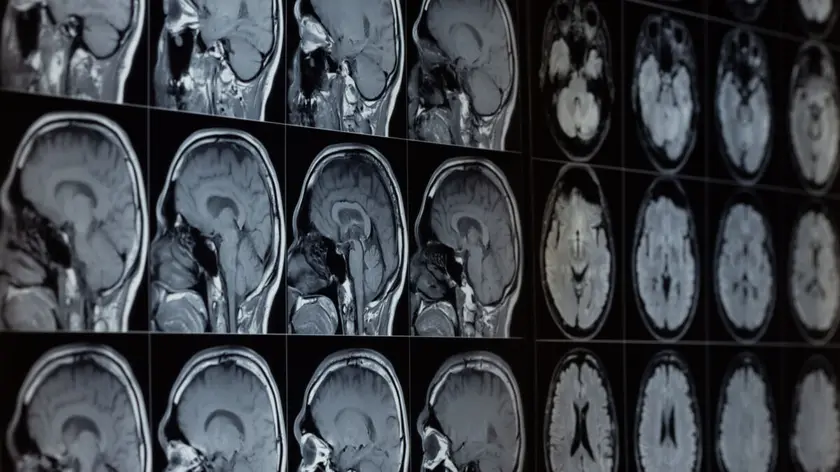
New study links lithium deficiency to Alzheimer's risk

New study reveals lithium's potential in Alzheimer’s treatment

Lithium shows potential for Alzheimer's treatment
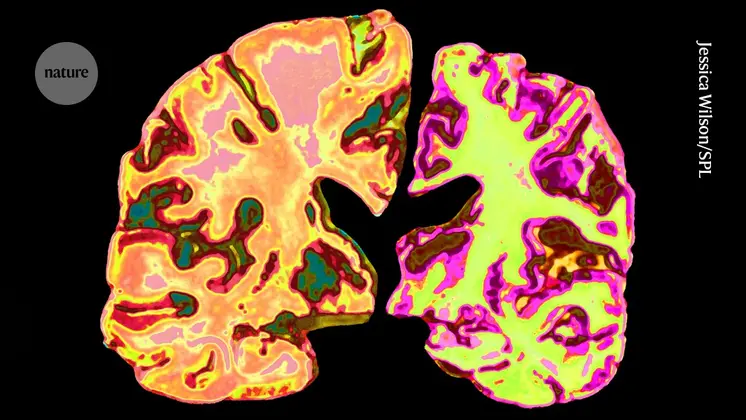
New study reveals lithium’s potential in treating Alzheimer’s
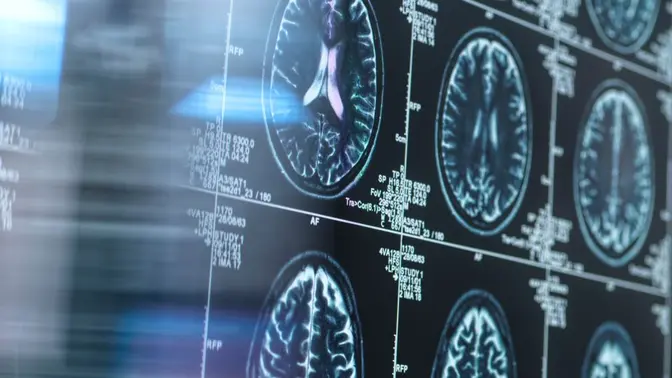
New study reveals lithium's potential role in Alzheimer's prevention
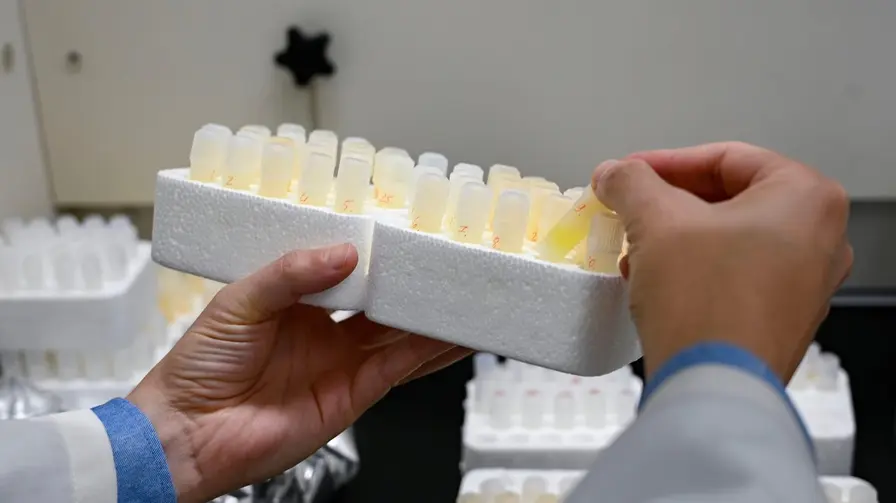
Harvard lithium study renews hope for Alzheimer's treatment
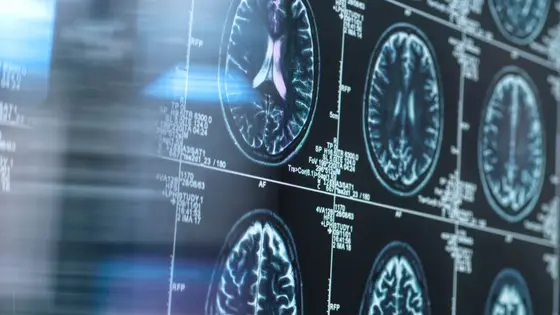
New Harvard study reveals lithium could fight Alzheimer's

New research links copper deficiency to Alzheimer's risk
